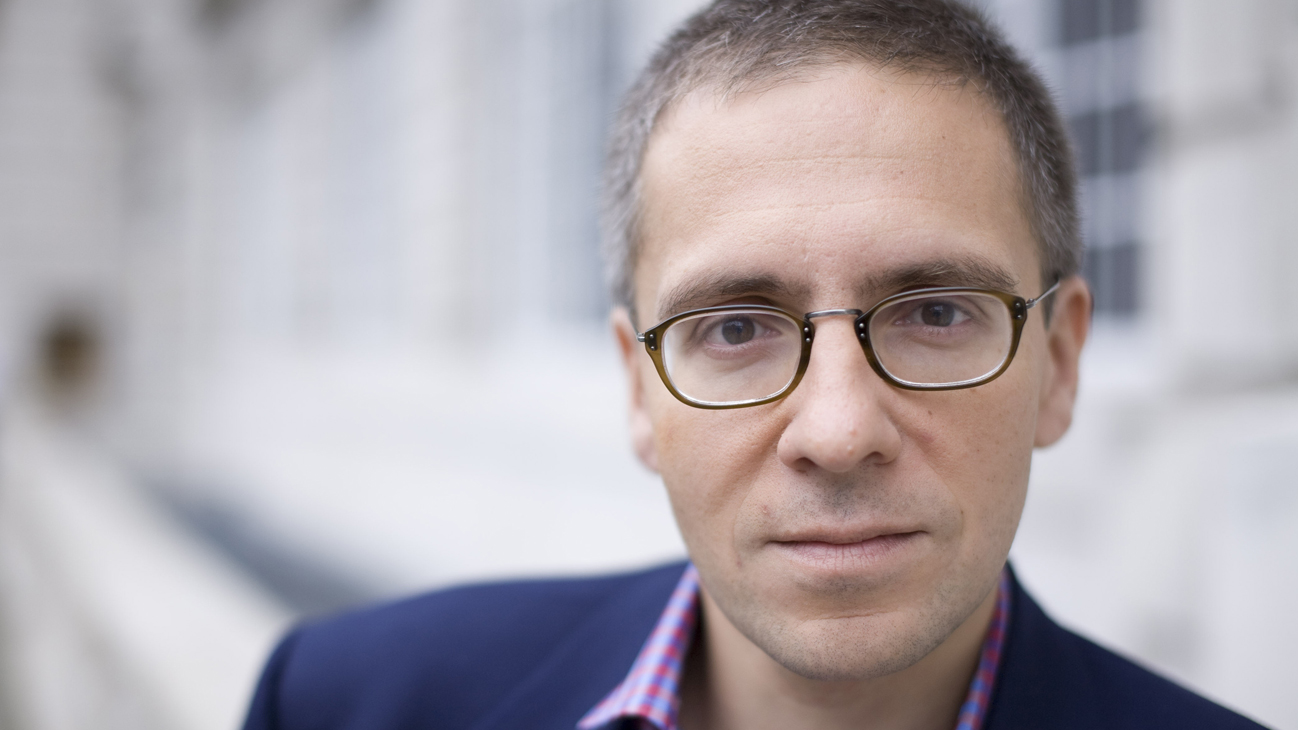Ian Bremmer is one of the world’s leading global political risk researchers and consultants. Renowned for merging the study of political science with current financial markets and trends, he provides financial, corporate, and government clients with information and insight on how political developments move markets.
Specializing in US foreign policy, states in transition, and global political risk, Bremmer is a go-to voice when it comes to seeing important events on the horizon and there’s a grim one he sees coming at us in 2018. Speaking in a Bloomberg TV segment he said, “We see a much greater fragmentation of the global marketplace because governments are becoming more interventionist. . . . Part of that is because the Chinese have an alternative model for their investments and they’re increasingly going to be seen as the most important driver of other economies around the world who will align themselves more with Beijing than with Washington.”
A Bloomberg article expanding on his prediction gave five areas to watch in 2018, here are three of those (attributed to Eurasia Group, of which Bremmer is President):
China
President Xi Jinping’s successful consolidation of authority is helping him to fill the gap created by U.S. President Donald Trump’s move away from Washington-led multilateralism. In areas such as trade and investment, technology and values, China is setting international standards with less resistance than ever before.
“For most of the West, China is not an appealing substitute,” Eurasia said. “But for most everybody else, it is a plausible alternative. And with Xi ready and willing to offer that alternative and extend China’s influence, that’s the world’s biggest risk this year.”
Technology Cold War
As rapid technological developments reshape the economic and political order, the process will be messy. Fault lines include a struggle for market dominance, fragmentation and a race for new technologies.
“As our cars, homes, factories, and public infrastructure begin to generate mountains of data, and as connectivity morphs into augmented reality, a new generation of humans will be ‘on the grid’ around the clock, with important implications for society and geopolitics,” Eurasia said. “But until we get there, it’s the world’s biggest fight over economic power.”
Protectionism
Protectionism will make further inroads led by populism, state capitalism and heightened geopolitical tensions. Governments are also intervening in the digital economy and innovation-intensive industries to preserve intellectual property and related technologies.
“The rise of anti-establishment movements in developed markets has forced (in some cases, enabled) policy makers to shift toward a more mercantilist approach to global economic competition and to look as if they’re doing something about lost jobs,” Eurasia said. “Walls are going up.”
Read the full story here.

